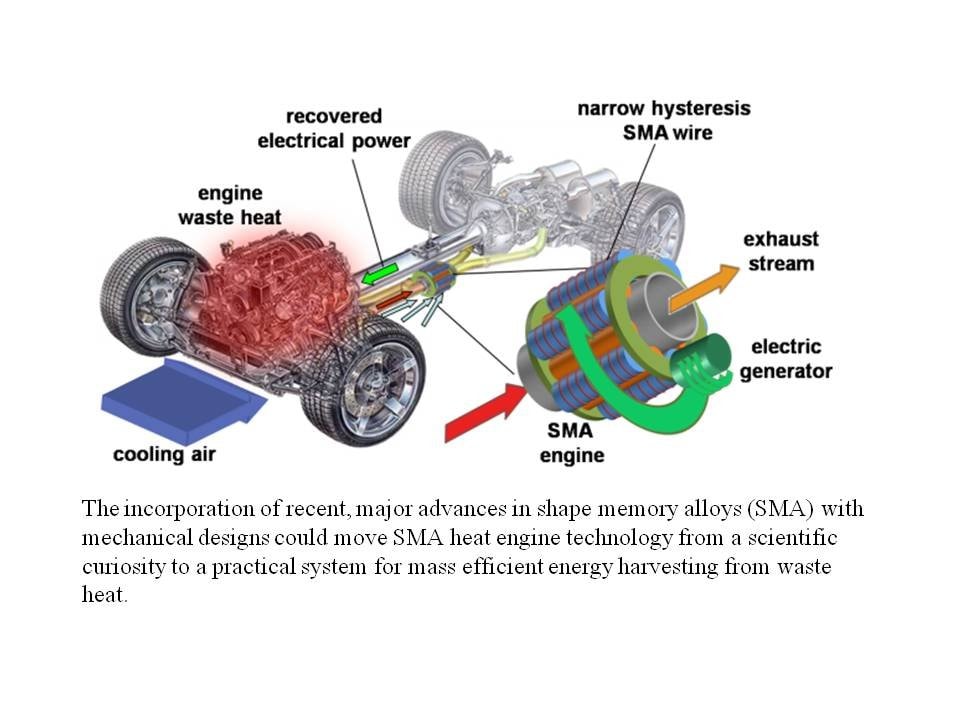More than half of the 1,300 patents filed by General Motors Co. in 2009 are green innovations, according to a press release of the company.
“The move toward electrification is requiring us to reinvent the DNA of the automobile, requiring massive amounts of innovation,” said Alan Taub, vice president of GM Global research and Development. “There’s almost no component on the vehicle that is not being reinvented. As a result, our green patent portfolio is helping us achieve world-class technological breakthroughs in the energy and environmental space,” Taub added.
A study of the patent activity of the top-15 global automakers released by the Intellectual Capital Merchant Banc firm Ocean Tomo, hailed GM’s leadership in the development of green technologies.
“Green automotive technologies are the building blocks for creating and improving alternative power plants and increasing fuel efficiency,” said James E. Malackowski, CEO of Ocean Tomo LLC. “GM has higher average quality and newer green technology and patents than the other 14 automakers combined.”
Among the most notable one was the development of a new catalyst material for the purification of exhaust from diesel or other lean-burning engines. Traditional catalysts use platinum – a precious metal subject to wide price variations – but a team of GM researchers discovered the material perovskite can provide performances equal to platinum at a much lower cost. This innovation could help reduce the cost of diesel and other lean-burning engine technology in the future, while also keeping them safe for the environment.
Another breakthrough came in the form of a new device that uses a material called shape memory alloy (SMA), which changes shape when it is heated. GM researchers are developing ways to use the material to build a recovery device that would convert waste heat from a vehicle’s engine into electricity to power auxiliary equipment, such as the radio or interior accent lighting. This technology could help to further improve the fuel economy of tomorrow’s vehicles, while also making next-generation hybrids more efficient.
“The move toward electrification is requiring us to reinvent the DNA of the automobile, requiring massive amounts of innovation,” said Alan Taub, vice president of GM Global research and Development. “There’s almost no component on the vehicle that is not being reinvented. As a result, our green patent portfolio is helping us achieve world-class technological breakthroughs in the energy and environmental space,” Taub added.
A study of the patent activity of the top-15 global automakers released by the Intellectual Capital Merchant Banc firm Ocean Tomo, hailed GM’s leadership in the development of green technologies.
“Green automotive technologies are the building blocks for creating and improving alternative power plants and increasing fuel efficiency,” said James E. Malackowski, CEO of Ocean Tomo LLC. “GM has higher average quality and newer green technology and patents than the other 14 automakers combined.”
Among the most notable one was the development of a new catalyst material for the purification of exhaust from diesel or other lean-burning engines. Traditional catalysts use platinum – a precious metal subject to wide price variations – but a team of GM researchers discovered the material perovskite can provide performances equal to platinum at a much lower cost. This innovation could help reduce the cost of diesel and other lean-burning engine technology in the future, while also keeping them safe for the environment.
Another breakthrough came in the form of a new device that uses a material called shape memory alloy (SMA), which changes shape when it is heated. GM researchers are developing ways to use the material to build a recovery device that would convert waste heat from a vehicle’s engine into electricity to power auxiliary equipment, such as the radio or interior accent lighting. This technology could help to further improve the fuel economy of tomorrow’s vehicles, while also making next-generation hybrids more efficient.
